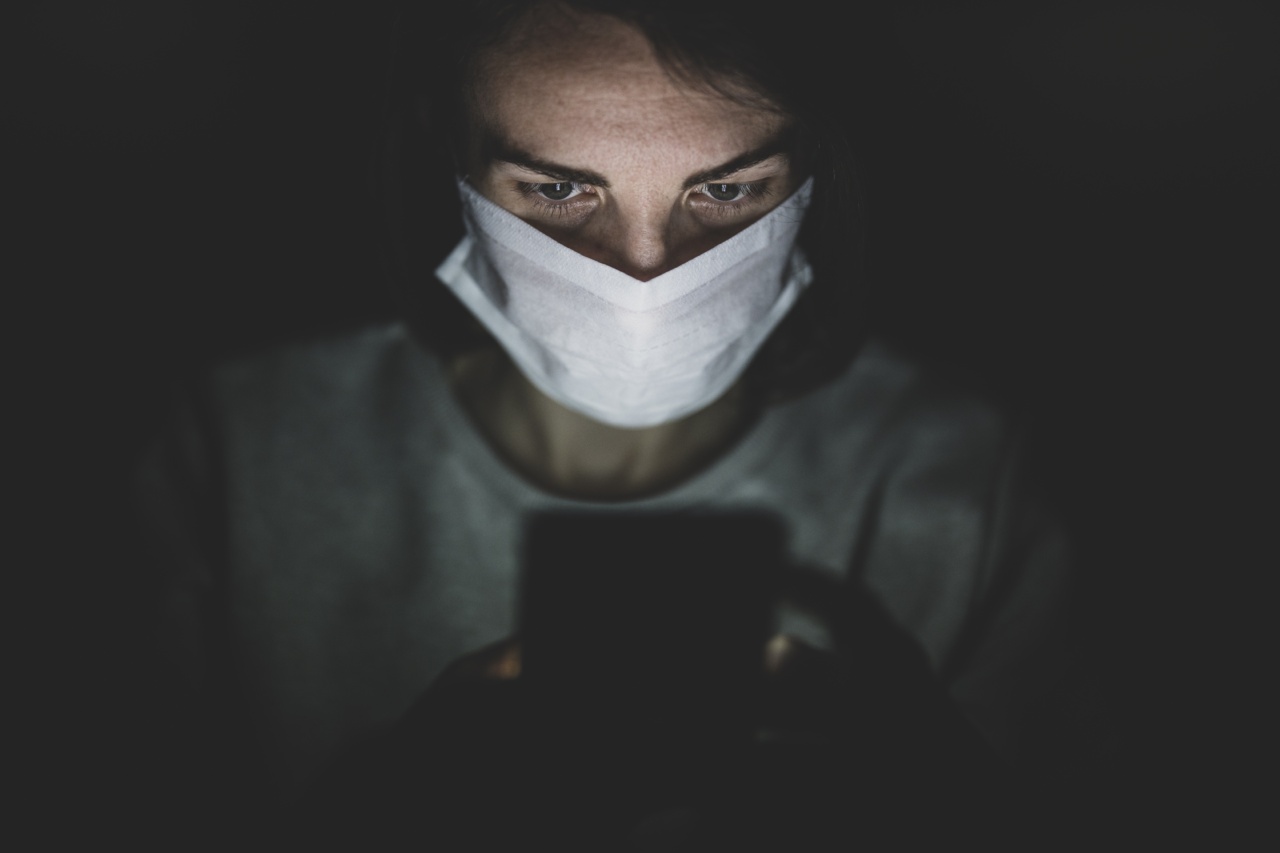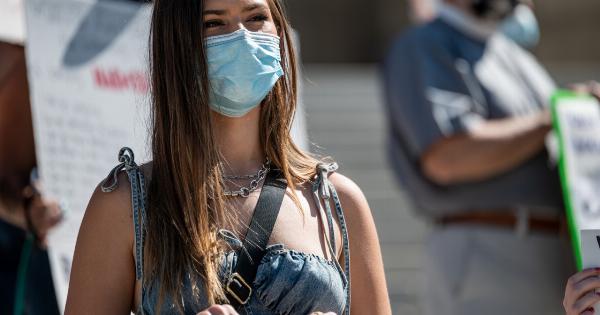Knowing when to go to the hospital for certain symptoms is crucial for ensuring prompt medical attention and appropriate treatment.
While many health issues can be effectively managed at home or by scheduling an appointment with a primary care physician, there are certain symptoms that warrant immediate attention and necessitate a visit to the hospital. It is important to recognize these symptoms and take appropriate action to prevent further complications. This article discusses ten common symptoms that should prompt a visit to the hospital.
1. Severe Chest Pain
Severe chest pain is a potentially life-threatening symptom that should never be ignored. It can be a sign of a heart attack, pulmonary embolism, or other serious heart and lung conditions.
If you experience intense, crushing, or squeezing chest pain that radiates to your arm, jaw, or back, seek emergency medical care immediately.
2. Difficulty Breathing
Difficulty breathing, including shortness of breath, rapid, shallow breathing, or wheezing, can indicate a severe respiratory problem. It may be caused by asthma, pneumonia, or a collapsed lung, among other conditions.
If you are struggling to breathe or feel like you are suffocating, don’t hesitate to go to the hospital for immediate evaluation and treatment.
3. Sudden or Severe Abdominal Pain
If you experience sudden or severe abdominal pain, it can be a sign of a serious condition such as appendicitis, gallbladder issues, kidney stones, or bowel obstruction.
Sharp, stabbing or cramping pain accompanied by other symptoms like vomiting and fever should be evaluated in the emergency department.
4. Uncontrolled Bleeding
If you have a wound that is continuously bleeding and you are unable to control the bleeding with direct pressure, it’s crucial to seek medical attention as soon as possible.
Uncontrolled bleeding can result from severe injuries, internal bleeding, or certain medical conditions and requires immediate medical intervention to prevent further complications.
5. Sudden Weakness or Numbness
Sudden weakness or numbness on one side of the body, especially if accompanied by confusion, difficulty speaking, or severe headache, may indicate a stroke.
Time is of the essence when dealing with a stroke, as immediate medical treatment can minimize brain damage and improve outcomes. Call emergency services without delay.
6. Loss of Consciousness
If you or someone around you experiences sudden loss of consciousness, it is essential to seek emergency medical attention. Loss of consciousness can be caused by various factors, including head injury, dehydration, low blood sugar, or seizures.
Prompt evaluation and diagnosis are important to determine the underlying cause and begin necessary treatment.
7. Severe Headache
A sudden, severe headache that is different from your usual headaches can be a sign of a serious condition such as a brain aneurysm or meningitis.
If the headache is accompanied by a stiff neck, high fever, or changes in vision or consciousness, it is advisable to go to the hospital immediately for evaluation.
8. Suicidal Thoughts or Severe Mood Changes
If you or someone you know is experiencing severe mood changes such as extreme sadness, hopelessness, or irritability, and having suicidal thoughts, it is crucial to seek immediate medical help.
Mental health emergencies should be taken seriously, and prompt intervention can save lives. Contact a helpline or go to the nearest emergency department to get the necessary support and care.
9. Seizures
If an individual experiences a seizure for the first time, has prolonged or recurrent seizures, or suffers injuries during a seizure, it is important to go to the hospital for evaluation.
Seizures can be caused by epilepsy, head injuries, infections, or other serious conditions that require medical attention.
10. Allergic Reaction
If you are experiencing a severe allergic reaction, such as difficulty breathing, swelling of the face or throat, or a widespread rash, it may indicate an anaphylactic reaction, which is a medical emergency.
Administer an epinephrine auto-injector if available and immediately seek medical care by going to the nearest hospital or calling for emergency assistance.






























